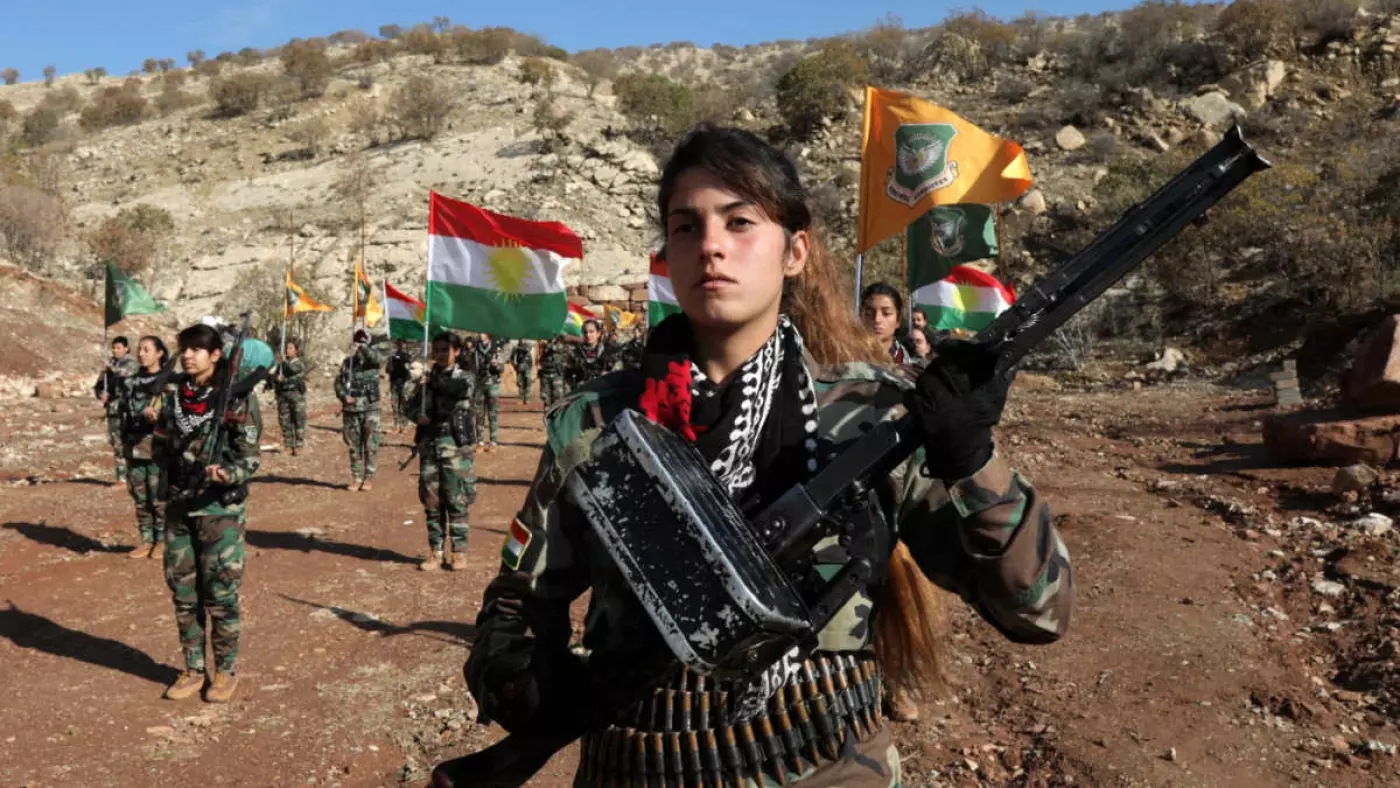In response to mounting pressure from Iran, the Iraqi government has moved to relocate camps housing Kurdish opposition parties from East Kurdistan. Despite initial denials, some parties have confirmed receiving official orders to evacuate their camps. The decision, linked to a security agreement between Iraq and Iran, aims to curtail the activities of these groups. While some parties agree to relocate under certain conditions, others remain defiant, refusing to surrender their struggle.
Iraqi Decision to Relocate Kurdish Opposition Camps
Following the publication of an official letter from the Iraqi Ministry of Migration and Refugees, which authorized the relocation of camps housing Kurdish opposition parties from East Kurdistan, several parties have received formal notifications from Iraqi security agencies to comply with the directive. Hassan Rahmanpana, a prominent figure among these parties, confirmed to VOA-Kurdish that they were informed to evacuate their camps, acknowledging that the pressure stemmed from Iran rather than the Kurdistan Regional Government (KRG). He expressed disappointment over the KRG’s acquiescence to the federal government’s decision, stating, “This will go down in history.”
Rahmanpana emphasized that while they would relocate to avoid conflict, they would not cease their political activities. He stressed the need for an environment conducive to political work, free from arrest or monitoring, and overseen by the United Nations. He warned that if these conditions were not met, they would reject the relocation plan.
Agreement between Iraq and Iran Influences Relocation Decision
The directive to relocate the camps is tied to a security agreement signed in late March 2023 between Iraq and Iran. The agreement, aimed at securing the borders between the two countries, sought to restrict the movement of Iranian Kurdistan parties. The Iranian government, after launching several attacks on Kurdish opposition headquarters in September 2022, set a deadline of September 19, 2023, for the disarmament and closure of these headquarters.
In response to these pressures, the Iraqi government, along with the KRG, initially withdrew Kurdish forces from border areas, relocating them to camps in Zerguez, Koya, and other regions. However, the recent decision by the Iraqi government to transfer these forces to Surdash camp represents a significant escalation in the implementation of the Iran-Iraq security agreement.
An anonymous source within Komala, another Kurdish opposition party, confirmed that security agencies in Sulaimani had repeatedly informed them of the need to evacuate Zerguez. The source indicated that the party would comply with the relocation to avoid creating tensions in the region.
Mixed Reactions from Kurdish Parties
Despite these developments, not all Kurdish parties have received official notifications. The Freedom Party and the Democratic Party, two prominent Kurdish opposition groups, denied receiving any orders for relocation. Khalil Nadri, a spokesperson for the Freedom Party, told VOA-Kurdish that they had not been informed of any such decision. He highlighted the party’s longstanding commitment to avoiding harm to South Kurdistan and preventing any pretext for Iranian interference. Nadri noted that Iran’s pressure continues unabated, aiming to achieve its goals before the U.S. elections and the formation of a new cabinet.
Nadri also mentioned that discussions within the party have intensified, with members questioning whether to relocate to another area in Zerguez or Koya. He reaffirmed the party’s refusal to surrender or abandon their struggle, drawing a “red line” that they would not allow anyone to cross. He warned that if forced to leave their current locations, the party would actively resist Iran’s plans.
While the Democratic Party declined to comment officially, a senior party source informed VOA-Kurdish that they had not received any decision regarding the relocation.
Despite these denials, the representative of the Iraqi Ministry of Migration and Refugees in Sulaimani, Samer Mashkur, acknowledged that while Iraq has agreed to the relocation, the KRG has yet to take a definitive stance on the matter. Mashkur clarified that the implementation of the decision would require the involvement of the Interior Ministry, as the authority to enforce such actions lies with them.
The ongoing situation reflects the complex dynamics between the Iraqi government, the KRG, and Kurdish opposition parties, all under the shadow of Iranian influence. As the September 19 deadline approaches, the relocation of these camps remains a contentious issue, with significant implications for the region’s stability.


